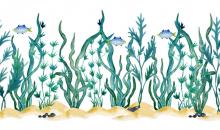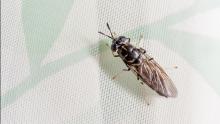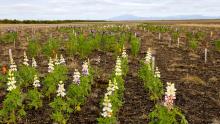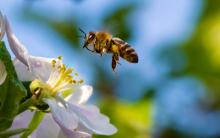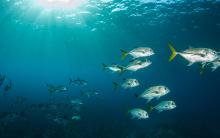A Strategic Research agenda links the ocean with human health
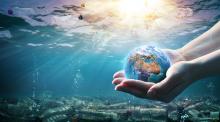
Humanity is realising that the state of our oceans has a direct impact on our wellbeing. To identify key priorities in the field of oceans and human health, the EU-funded SOPHIE project created a network of diverse experts. By changing harmful behaviours and encouraging sustainable practices, they hope to contribute to better health for both the oceans and citizens across Europe and beyond.



